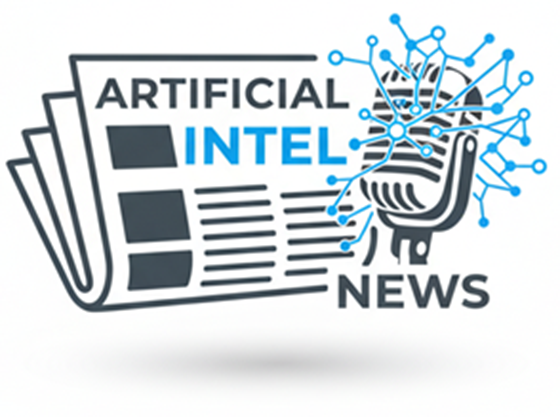In recent years, the artificial intelligence industry has transformed from a fledgling field into a multibillion-dollar sector, driven by the pursuit of advanced technological capabilities. As AI companies race to develop powerful systems, the ethical implications of such rapid growth have come into sharp focus.
One of the significant concerns is the industry’s impact on the environment. The energy consumption of training large AI models contributes to carbon emissions, raising questions about sustainability. Furthermore, the reliance on resource-intensive processes underscores the need for more environmentally friendly solutions.
Another pressing issue is the labor practices within the AI sector. Critics argue that the industry’s growth often relies on exploitative labor practices, particularly in data labeling and other support roles. These practices highlight a need for fair labor standards and greater transparency.
For investors and founders, these challenges present both risks and opportunities. While the current trajectory of AI development poses ethical dilemmas, it also offers a chance to innovate responsibly. By prioritizing sustainable practices and equitable labor policies, the AI industry can pave the way for a more ethical future.
As the conversation around AI ethics continues to evolve, stakeholders must consider the broader impact of their innovations and work towards a model that balances technological advancement with social responsibility.





